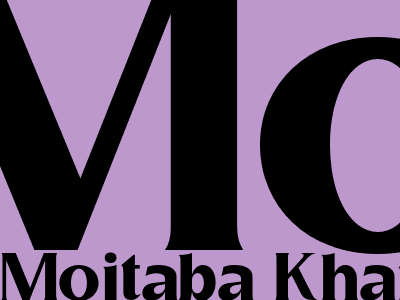
Mojtaba Khamenei to Lead Iran: Khamenei’s Health Issues Prompt Selection of Successor
Secret Selection of Khamenei’s Successor Amidst Health Concerns
According to recent reports, the Iranian government has secretly designated Mojtaba Khamenei, the son of Supreme Leader Ayatollah Ali Khamenei, as his successor. This decision comes amid growing concerns over the health of the 83-year-old Khamenei, who has not been seen in public since September 2022.
Mojtaba Khamenei's Profile and Qualifications
Mojtaba Khamenei, in his early 50s, is a cleric and the head of the Imam Reza Shrine in Mashhad, Iran. He is known to hold conservative political views, similar to his father. Mojtaba has played a significant role in the Iranian government, serving as an adviser to his father and holding influential positions in the Islamic Revolutionary Guard Corps (IRGC).
Khamenei’s Health Challenges and Succession Plans
Ayatollah Khamenei has faced several health issues in recent years, including prostate cancer. His absence from public events and official meetings has fueled speculation about his health and the need for a successor. According to sources close to the government, the selection process for Khamenei's successor has been underway for some time, with Mojtaba Khamenei being the preferred choice.
Implications for Iran’s Future
The designation of Mojtaba Khamenei as the next Supreme Leader is likely to have significant implications for Iran’s future.
- Continuation of Hardline Policies: Mojtaba Khamenei is seen as a staunch conservative, suggesting that Iran's hardline policies may continue under his leadership.
- Strengthened Ties with IRGC: Mojtaba's connections with the IRGC could further solidify the military's influence in Iranian politics.
- Uncertain Regional Dynamics: Mojtaba's ascension could impact Iran's regional relationships, especially with Western powers and neighboring countries.
International Reactions and Speculations
The international community is closely monitoring the situation in Iran and the reported selection of Mojtaba Khamenei as the next Supreme Leader. Some analysts speculate that his succession could lead to increased tensions with the West and heightened instability in the Middle East.
Conclusion
The secret selection of Mojtaba Khamenei to succeed Ayatollah Khamenei highlights the importance of succession planning in Iran’s political system. While the transition may ensure continuity, it also raises concerns about the direction of Iran's future under a new leader. The implications for Iran's domestic and international policies remain uncertain, and the world will be watching closely as Mojtaba Khamenei prepares to assume the mantle of leadership.